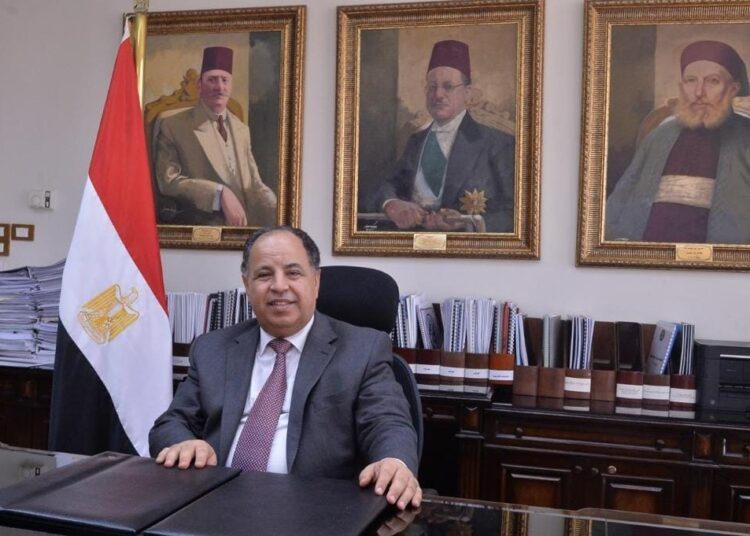Minister of Finance, Mohamed Maeet, highlighted on Sunday the importance of the electronic invoicing system for integrating the informal sector into the formal economy.
This makes the system, the minister added, an important tax tool, being the most modern around the world in this regard.
The minister noted that the successes Egypt made in expanding e-invoicing have encouraged some regional states to seek to benefit from the Egyptian experience.
The minister described e-invoicing as a principal digital transformation and tax administration tool.
He said this tool ensures that the state treasury gets its due taxes, and fights all forms of tax evasion.
The minister revealed that the Egyptian Tax Authority now has a central digital platform that receives; revises; follows up, and approves selling and buying receipts among companies.
The same platform, the minister said, also determines the exact size of the transactions of these companies.
“The platform also tracks transactions with entities that do not have a tax record or ones that do not stipulate the real size of their work,” the minister said.
He added that this makes the platform capable of tightening control over economic activities, and eliminating unregistered entities.
This is done, the minister said, through the instantaneous exchange of billing data in digital format, without relying on paper transactions.
“This achieves tax justice,” the minister said.
The minister added that the electronic invoicing system also eliminates arbitrary estimates, shortens the period taken in tax examination to several hours.
This, minister Maeet said, contributes to establishing an advanced tax system comparable to the one available in developed countries.
“The presence of this system increases the attraction of the investment climate in Egypt,” the minister said.






Discussion about this post